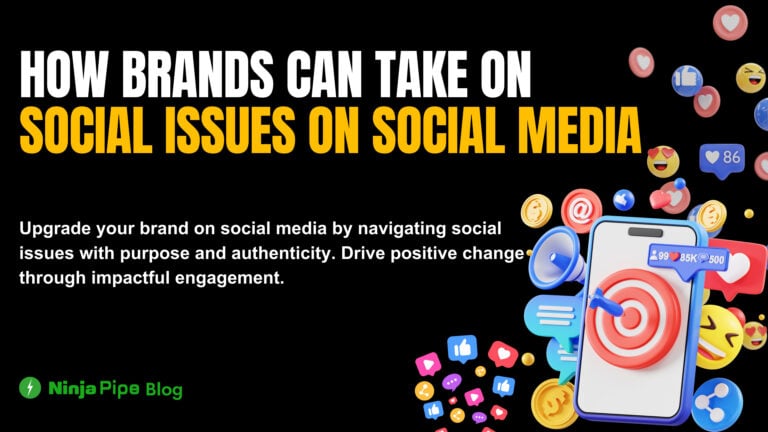Upgrade student employability in 2024 with strategic insights. Unlock career success with these essential tips and skills.
Introduction:
As the cost of higher education rises and the job market becomes increasingly competitive, universities and colleges face the challenge of preparing students for successful careers. The ‘enrollment cliff’ phenomenon, coupled with employers noting a lack of essential skills in graduates, underscores the need for a strategic approach to boost student employability. In this article, we explore five practical ways institutions can bridge the gap between education and industry needs to create work-ready graduates.
1) Work-Integrated Learning for Real-World Experience:
Institutions can set themselves apart by offering not just internships but immersive work-based learning experiences. Simulations, competitions, and internal projects provide students with hands-on experience, exemplified by The American Marketing Association’s use of simulations to prepare students for the dynamic nature of entry-level jobs.
2) Digital Platform Proficiency:
Guiding students on effective use of digital platforms like LinkedIn and Indeed is crucial. Teaching them to optimize their profiles using industry-specific language enhances visibility to recruiters. Encouraging proactive networking by connecting with industry professionals and following relevant companies fosters a digital presence that aligns with job market expectations.
3) Industry Certifications and Microcredentials:
To address the skills gap, institutions should align their programs with industry needs. Offering micro credentials and online degrees keeps education relevant and adaptable to the fast-paced digital landscape.

Collaboration with reputable industry partners, as seen in the partnership between DMI and the American Marketing Association, enhances the credibility and employability of graduates.

4) Soft Skill Development for Flexibility and Adaptability:
While hard skills remain crucial, employers increasingly value soft skills such as communication, leadership, and problem-solving. Experiential learning, community-based projects, and competitions nurture these skills, making graduates more attractive to employers seeking adaptable and resilient individuals.

5) Relevant and Industry-Aligned Curriculum:
Keeping the curriculum current and aligned with industry trends is paramount. Regularly assessing learning outcomes and incorporating emerging technologies, simulations, and work-based learning opportunities ensures that students are equipped with up-to-date skills. Feedback from students and collaboration with industry influencers contribute to the ongoing improvement of the curriculum.
Conclusion:
In navigating the challenges posed by the enrollment cliff and the evolving demands of the job market, institutions must proactively enhance the employability of their graduates. By providing real-world experiences, fostering digital platform proficiency, offering industry certifications, developing soft skills, and maintaining a relevant curriculum, universities and colleges can position themselves as key players in shaping the workforce of the future. Collaboration with industry partners and continuous adaptation will be pivotal in preparing students for the dynamic landscape of 2024 and beyond.








Leave a Comment